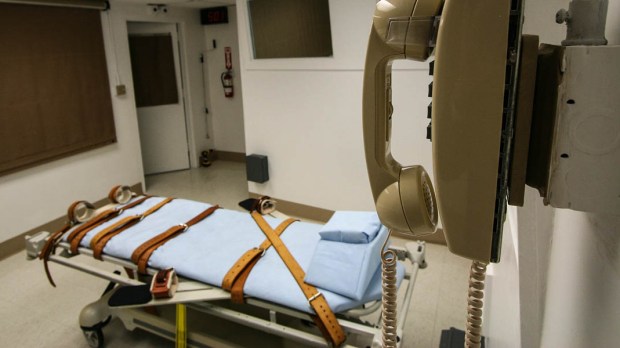In the wake of two seemingly contradictory Supreme Court decisions regarding the presence of spiritual advisers at executions, the Texas Department of Criminal Justice has announced that all clergy will be banned from execution chambers.
Effective immediately, security personnel are the only people allowed to be present at such proceedings.
The move follows a Supreme Court ruling last week that stopped the execution of Patrick Henry Murphy after his request to have a Buddhist spiritual adviser present was denied by authorities in Texas. At the time, the policy stated that only state-employed clergy were allowed to be present, and no Buddhist spiritual advisers were employed by the state.
Last month justices allowed an execution in Alabama to go forward after an Alabama prison had barred a Muslim man’s imam from the execution chamber.
The American Civil Liberties Union (ACLU) applauded the latest Supreme Court order, saying, “This is good news, but we can’t forget this is the same court that denied a Muslim man the same right just last month.”
“People of all faiths are entitled to religious freedom,” said the ACLU on Twitter.
This is good news, but we can’t forget this is the same court that denied a Muslim man the same right just last month.
— ACLU (@ACLU) March 29, 2019
People of all faiths are entitled to religious freedom. https://t.co/UXeK3gFdUY
“Chaplains and Ministers/Spiritual Advisors designated by the offender may observe the execution only from the witness rooms,” read a statement released by the Texas justice department on Wednesday.
The move to bar all clergy appears to be a response to Justice Brett Kavanaugh’s concurring opinion in the Murphy case, in which he posited that the government “may not discriminate against religion generally or against particular religious denominations.”
“What the State may not do, in my view, is allow Christian or Muslim inmates but not Buddhist inmates to have a religious adviser of their religion in the execution room,” he wrote.

